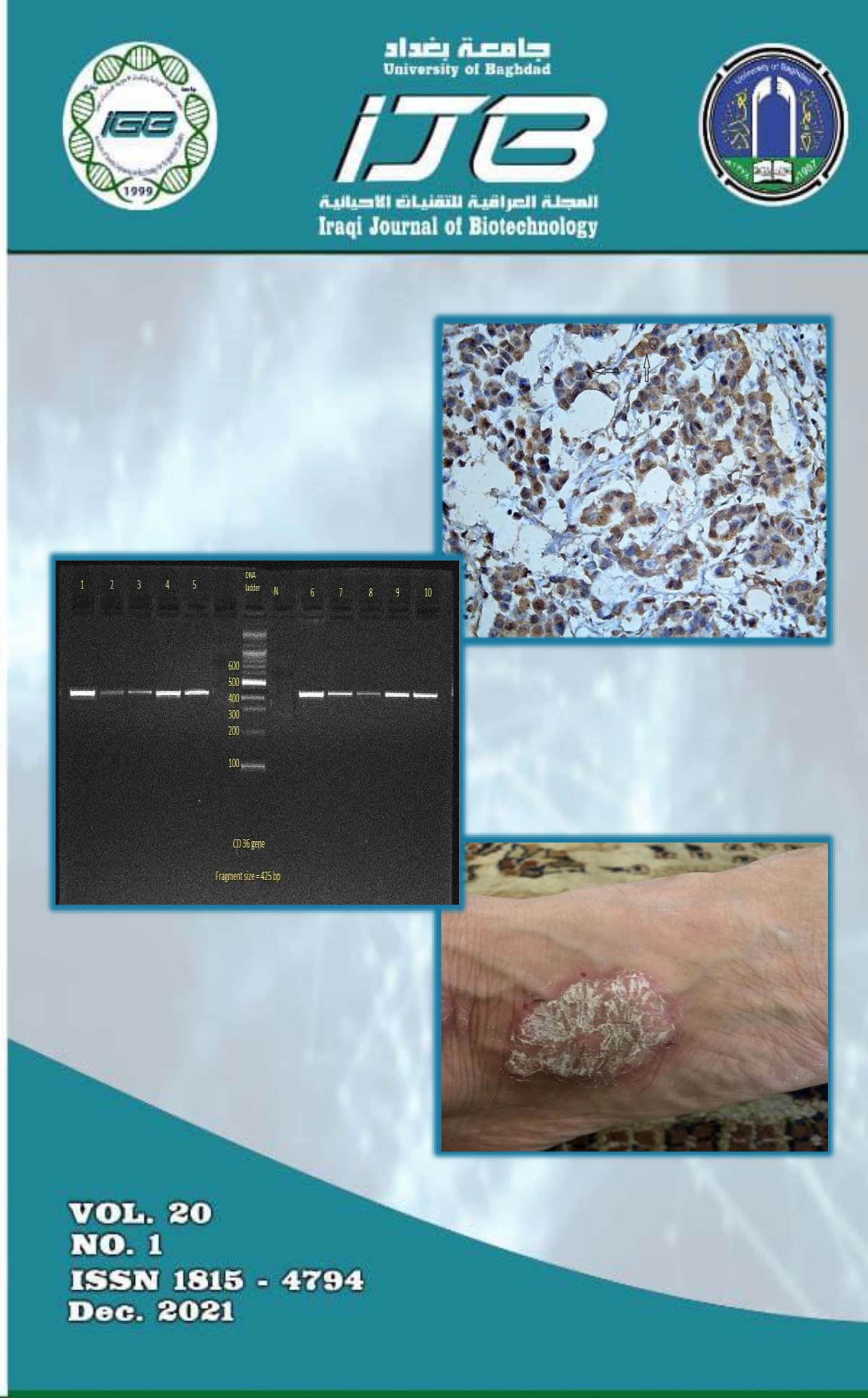Effect of C677T Mutation of Methylene Tetrahydrofolate Reductase Gene as a Genetic Risk Factor in Iraqi Infertile Men
Abstract
: Male infertility in Iraq, particularly in the previous three decades diagnosed remarkably at a young age, due to a variety of variables, the most important are war and devastating civil wars, stress, lifestyle, smoking, dietary habits, and genetic susceptibility. The methylene tetrahydrofolate reductase (MTHFR) gene has received a lot of interest, mainly because the MTHFR C677T variant was found to be a risk factor for male infertility, especially in Severe Oligoasthenozoospermia patients. The study aimed to determine the prevalence of this crucial gene mutation across the country and the estimation of total endogenic human 8-hydroxyl-2'-deoxyguanosine concentrations as a specific marker of oxidative injury to sperm DNA. Semen analysis was done for 100 men. The analysis was accounted as recommended by WHO criteria. All DNA samples successfully extracted using the organic method. The genetic variation of the SNP MTHFR gene 677 C > T (A222V, rs1801133) was discovered using real-time polymerase chain reaction (RT-PCR) to detect different genotypes. Enzyme-linked immunosorbent assay was performed for measurements Hydroxydeoxyguanosine (8-OHdG) in semen samples, which is considered as a biomarker of cellular oxidative stress. The MTHFR C677T gene polymorphisms were found to be a risk factor for male factor infertility in the Iraqi population in this investigation. Furthermore, this study found a considerably greater amount of 8-OHdG in sperms from all infertile groups when compared to controls, implying that oxidative DNA damage has a major impact on sperm characteristics including concentration and progressive motility.


